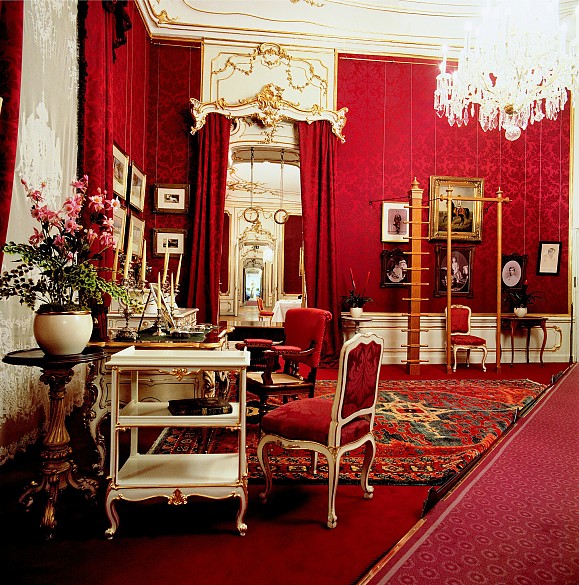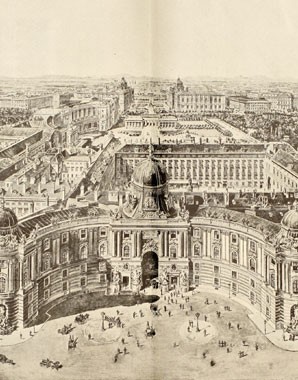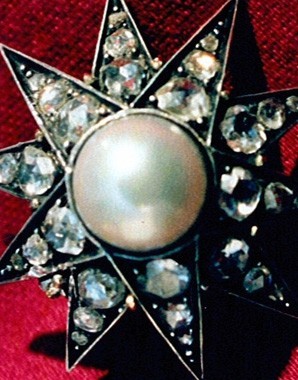Elisabeth and the constraints of courtly life
‘I am so fond of the Emperor! If only he were not an emperor!’ These are the words Elisabeth is said to have uttered when she learned of Franz Joseph’s intention to marry her. Clearly she sensed that life as empress at the Viennese Court would not suit her personality.
Elisabeth was sixteen years old when she came to Vienna, obliged henceforth to comply with the strict regulations of life at the Viennese Court. The strong personality of her mother-in-law Sophie, who attempted to groom Elisabeth as an empress according to her own notions, as well as the manner in which she suffered rejection and defamation by courtly society, further contributed to making Elisabeth’s life at Court a difficult one. Her spouse, Franz Joseph, had been prepared from childhood for his future role as emperor, and often showed no understanding for the needs and fears of his consort.
Elisabeth increasingly refused to play her allotted role at the Viennese Court. Her introverted character and shyness in public made her dislike of official appearances and social conventions understandable. After all, in the imperial capital, she was constantly the focus of attention. Elisabeth experienced the strict daily routines, hierarchies at the court, continual intrigues and her official duties, as disagreeable restrictions on her lifestyle. Following the birth of her third child, her personal physician diagnosed lung disease and ultimately recommended recuperation at a spa resort. She chose to go to Madeira, the furthest from Vienna of all possible destinations, so that there would be no expectation of a visit from her ‘dear family’. With this, her first flight from the Viennese court, Elisabeth discovered the joys of travel for its own sake, and trains, ships and coaches henceforth became her home. Her trips, which were certainly also motivated by health concerns, became ever longer, and her stays at the Vienna Hofburg became ever shorter.
The manner in which Elisabeth’s apartment in the Hofburg was furnished reveals the empress’s attempt to live out her personal needs against all the rules. Amid the uniform neo-Rococo style, which was the obligatory décor for Habsburg apartments under Franz Joseph, the exercise equipment which Elisabeth had set up in her dressing room stood out all the more starkly. Here, she could work out daily in order to satisfy her compulsion for exercise; this met with incomprehension in Elisabeth’s circles, since at the time it was extremely unusual for a woman to engage in any sporting activity, let alone a woman of her status.






















